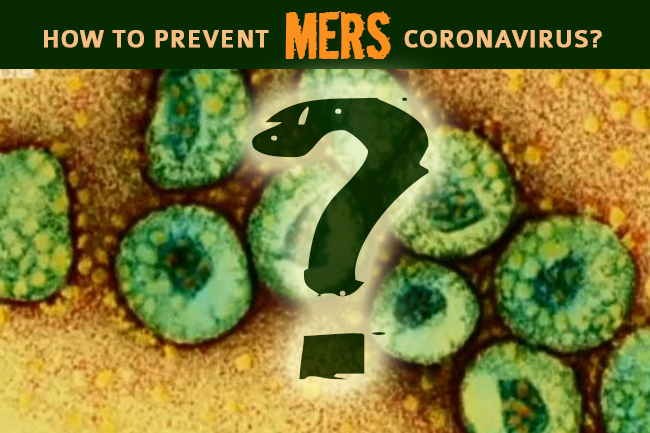Thailand Health Ministry confirmed yesterday, June 18, 2015 the first MERS CoV case in the country involving a man who got back from Oman last June 15. Thailand now is the fourth Asian country reported to have the deadly virus this year. This announcement has heightened the awareness of people in Thailand, however the public is advised not to panic and be more vigilant in the disease prevention.
Here are some helpful FAQs:
1. What is MERS?
Middle East Respiratory Syndrome (MERS) is a viral respiratory illness caused by coronavirus (CoV). The virus was first reported in September 2012 in Saudi Arabia. Coronaviruses are a large family of viruses that can cause diseases ranging from the common cold to Severe Acute Respiratory Syndrome (SARS).
2. How do people get infected?
It is not yet fully understood how people become infected with MERS‐CoV, which is a zoonotic virus. It is believed that humans can be infected through direct or indirect contact with infected dromedary camels in the Middle East.
The virus does not appear to pass easily from person to person unless there is close contact such as providing clinical care to an infected patient while not applying strict hygiene measures.
3. Who are at risk?
People who travelled in Arabian Peninsula are more likely to be at risk in acquiring the disease however, health care workers, family members and other people who have been in close contact (being within approximately 6 feet/ 2 meters) with a MERS CoV infected patient without the proper protective equipment are at high risk. The majority of cases have resulted from human-to-human transmission in the health care settings.
4. What are the early signs and symptoms?
The incubation period for MERS (time between the person is exposed to MERS CoV and when they start to have symptoms) is usually about 5 or 6 days but can range from 2-14 days. A typical case of MERS includes fever, cough, and/or shortness of breath. Pneumonia is a common finding on examination. Gastrointestinal symptoms, including diarrhea, have also been reported.
5. How to confirm if one is infected by the virus?
There are two ways to determine if a person is infected with the virus;
a. (PRC) polymerase chain reaction, assays-PCR tests are done with respiratory samples and can quickly indicate if a person has active infection with MERS-CoV.
b. Serology testing uses blood samples and is designed to look for antibodies to MERS-CoV that would indicate a person had been previously infected with the virus and developed an immune response.
6. Are there available treatments for MERS CoV?
No vaccine or specific treatment is currently available. Treatment is supportive and based on the patient’s clinical condition.
7. How do I prevent MERS CoV?
However, as with any virus, you can reduce your risk of infection by building your body’s resistance and by using good health and hygiene practices:
- Have enough sleep, drink plenty of fluids and eat nutritious foods.
- Observe proper hand washing.
- Cover your nose and mouth with a tissue when you cough or sneeze. Throw used tissues in the trash immediately, and then wash your hands carefully.
- Disinfect frequently touched surfaces, such as doorknobs, etc.
- Avoid touching your face, mouth and nose with unwashed hands.
- Avoid close contact such as kissing, sharing cups and utensils with sick people.
Sources: Centers for Disease Control and Prevention, World Health Organization

